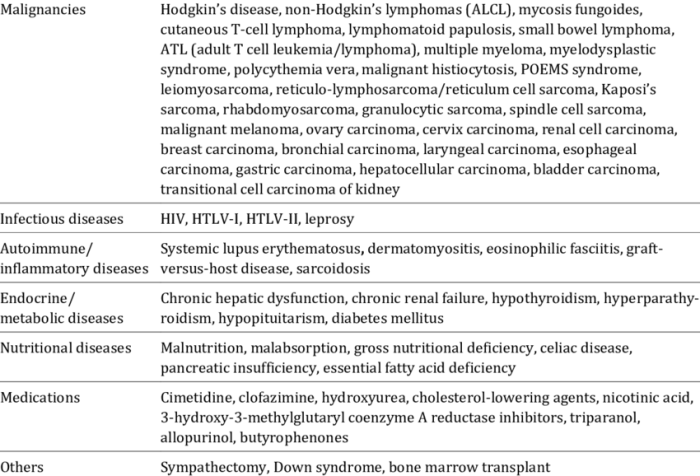A nonrecurring nonmalignant cancer is considered to be a complex medical condition with unique characteristics and implications. This type of cancer, often referred to as a benign tumor, differs significantly from malignant cancers in terms of its behavior, treatment options, and prognosis.
In this comprehensive guide, we will delve into the definition, types, treatment, and prognosis of nonrecurring nonmalignant cancers, providing valuable insights into their nature and impact on individuals.
Nonrecurring nonmalignant cancers are characterized by their non-invasive nature, meaning they do not spread to other parts of the body. They are also typically slow-growing and do not pose an immediate threat to a person’s life. However, depending on their location and size, nonrecurring nonmalignant cancers can still cause discomfort, pain, or functional impairments.
Definition of a Nonrecurring Nonmalignant Cancer
A nonrecurring nonmalignant cancer is a type of cancer that does not recur or spread to other parts of the body after initial treatment. “Nonrecurring” refers to the absence of recurrence, while “nonmalignant” means the cancer is not cancerous. Such a diagnosis indicates a favorable prognosis and a high likelihood of complete recovery.
Types of Nonrecurring Nonmalignant Cancers
Common types of nonrecurring nonmalignant cancers include:
- Benign tumors:Non-cancerous growths that remain localized and do not spread. Examples include lipomas (fatty tumors) and uterine fibroids.
- Dysplastic lesions:Abnormal cell growth that may resemble cancer but does not invade surrounding tissues. Examples include cervical dysplasia and actinic keratosis.
- Precancerous lesions:Cells with abnormal changes that have the potential to become cancerous if not treated. Examples include colon polyps and Barrett’s esophagus.
Treatment and Management

Treatment for nonrecurring nonmalignant cancers typically involves removing or destroying the abnormal tissue. Options may include:
- Surgery:Excision of the tumor or lesion.
- Radiation therapy:Using high-energy radiation to target and destroy abnormal cells.
- Chemotherapy:Using drugs to kill rapidly dividing cells, including cancer cells.
Follow-up care is crucial to monitor for any recurrence or complications.
Prognosis and Outlook: A Nonrecurring Nonmalignant Cancer Is Considered To Be

The prognosis for nonrecurring nonmalignant cancers is generally excellent. Most patients are cured with treatment and have a normal life expectancy. Factors influencing prognosis include the type and stage of the cancer.Long-term effects and complications may vary depending on the location and treatment of the cancer.
For example, surgery to remove a brain tumor may result in neurological deficits, while radiation therapy to treat breast cancer may increase the risk of heart disease.
Research and Advancements

Research is ongoing to improve the understanding and treatment of nonrecurring nonmalignant cancers. Advances include:
- Molecular profiling:Identifying genetic mutations that drive cancer development, leading to targeted therapies.
- Immunotherapy:Harnessing the body’s immune system to fight cancer cells.
- Nanotechnology:Developing targeted drug delivery systems to enhance treatment efficacy and reduce side effects.
Future directions include personalized medicine, early detection, and preventive strategies to improve patient outcomes.
FAQ Summary
What is the difference between a nonrecurring nonmalignant cancer and a malignant cancer?
Nonrecurring nonmalignant cancers do not spread to other parts of the body and are typically slow-growing, while malignant cancers can spread and grow rapidly, posing a greater threat to a person’s life.
What are the common types of nonrecurring nonmalignant cancers?
Common types include lipomas (fatty tumors), fibromas (fibrous tumors), and adenomas (glandular tumors).
What are the treatment options for nonrecurring nonmalignant cancers?
Treatment options may include surgery to remove the tumor, radiation therapy to shrink the tumor, or chemotherapy to kill cancer cells.